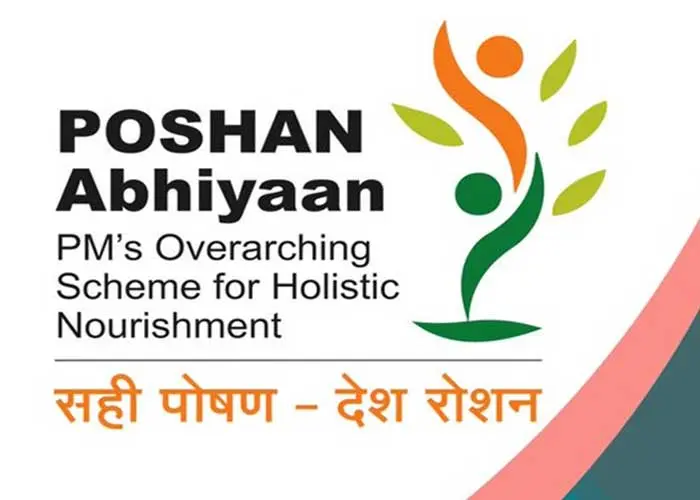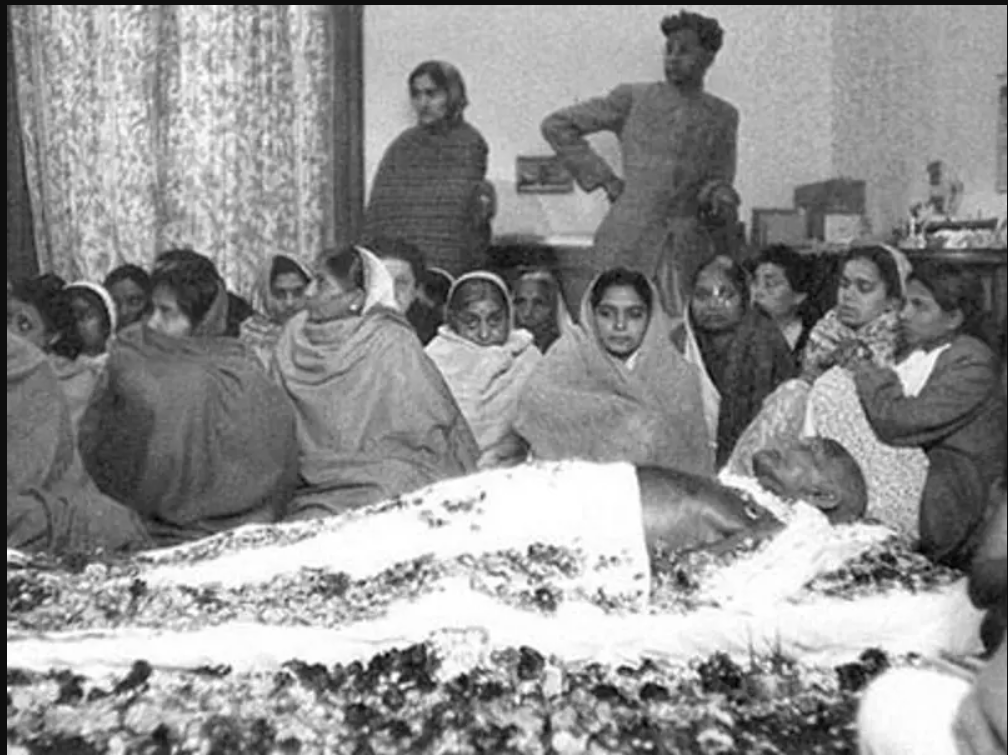Description

Copyright infringement not intended
In News
- The Union Ministry of Women and Child Development is observing the 5th Rashtriya Poshan Maah 2022 from 1st to 30th September 2022.
- The objective of the month-long event is to institute Poshan Panchayats through Gram Panchayats with a focus on “Mahila aur Swasthya” and “Bacha aur Shiksha”.
- Awareness programme to be organised across the nation through identification drives, camps and fairs with a special focus on pregnant and lactating women, children below 6 years and adolescent girls.

Related News
- Recently a guideline released by the Women and Child Development (WCD) Ministry has clarified that the Aadhaar Card details of children are not mandatory under the PM-Poshan scheme.
- The Ministry highlighted that it will ensure that the benefits under the Poshan scheme are delivered using the mother’s Aadhaar ID.
Poshan Schemes
- POSHAN (Prime Minister’s Overarching Scheme for Holistic Nutrition) Abhiyaan was launched by the Prime Minister of India in 2018 to improve nutritional outcomes for children under 6 years of age, pregnant women and lactating mothers.
- Recently Mission Poshan 2.0 (Saksham Anganwadi and Poshan 2.0) has been launched as an integrated nutrition support program to strengthen nutritional content, delivery and outcomes with a principle of expanding practices that facilitate health, wellness and immunity and malnutrition.
- The name of the Midday Meal Scheme was changed to PM-POSHAN (Pradhan Mantri Poshan Shakti Nirman) Scheme, in September 2021, by the Ministry of Education.
- The Central Government also announced that an additional 24 lakh students receiving pre-primary education at government & government-aided schools would also be included under the scheme by 2022.
- The Midday Meal Scheme is a school meal programme in India designed to better the nutritional standing of school-age children nationwide, under the Ministry of Education.
- The programme supplies free lunches on working days for children in primary and upper primary classes in government, government-aided, local body, Education Guarantee Scheme, and alternate innovative education centres, Madarsa and Maqtabs supported under Sarva Shiksha Abhiyan, and National Child Labour Project schools run by the ministry of labour.
- Serving 120 million children in over 1.27 million schools and Education Guarantee Scheme centres, the Midday Meal Scheme is the largest of its kind in the world.
- The Midday Meal Scheme is covered by the National Food Security Act, 2013.
National Food Security Act, 2013
- The National Food Security Act, 2013 was notified to provide food and nutritional security.
- The objective of the Act is to provide food and nutritional security in the human life cycle approach, by ensuring access to an adequate quantity of quality food at affordable prices for people to live a life with dignity.
- The Act provides for coverage of up to 75% of the rural population and up to 50% of the urban population for receiving subsidized food grains under the Targeted Public Distribution System (TPDS), thus covering about two-thirds of the population.
- The eligible persons will be entitled to receive 5 Kg of foodgrains per person per month at subsidised prices of Rs. 3/2/1 per Kg for rice/wheat/coarse grains.
- The existing Antyodaya Anna Yojana (AAY) households, which constitute the poorest of the poor, will continue to receive 35 Kg of foodgrains per household per month.
- Corresponding to the all-India coverage of 75% and 50% in the rural and urban areas, State-wise coverage is determined by the Central Government.
- The work of identification of eligible households is to be done by States/UTs.
- Pregnant women and lactating mothers and children in the age group of 6 months to 14 years are entitled to meals as per prescribed nutritional norms under Integrated Child Development Services (ICDS) and Mid-Day Meal (MDM) schemes.
- Children up to 14 years of age are entitled to nutritious meals as per the prescribed nutritional standards. In case of non-supply of entitled food grains or meals, the beneficiaries will receive a food security allowance.
- Besides meals to pregnant women and lactating mothers during pregnancy and six months after childbirth, such women are entitled to receive maternity benefits of not less than Rs. 6,000.
- The eldest woman of the household age 18 years or above be the head of the household to issue ration cards.
- Grievance redressal mechanism at the District and State levels. States will have the flexibility to use the existing machinery or set up separate mechanisms.
https://www.pib.gov.in/PressReleasePage.aspx?PRID=1855878
https://t.me/+hJqMV1O0se03Njk9














